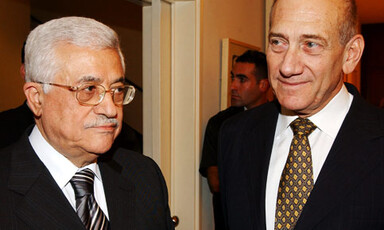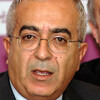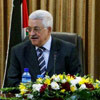
"How will I care for my children?"
Deir al-Balah, Gaza Strip 3 September 2007
“May God close the eyes of anyone who attempts to shut down the al-Salah charitable society that provides us our living.” So said Halima Abu ‘Isa, a 45-year-old widow and mother of two in reaction to the decision of the Palestinian Authority in Ramallah to close down 103 Palestinian charities. The monthly allowance of 900 shekels (US $230) that Abu ‘Isa receives from al-Salah, an Islamic charity with links to Hamas, is the only thing that stands between her and destitution. EI correspondent Rami Almeghari reports on how the decision will affect her and thousands of other charity-dependant Palestinians. Read more about "How will I care for my children?"








